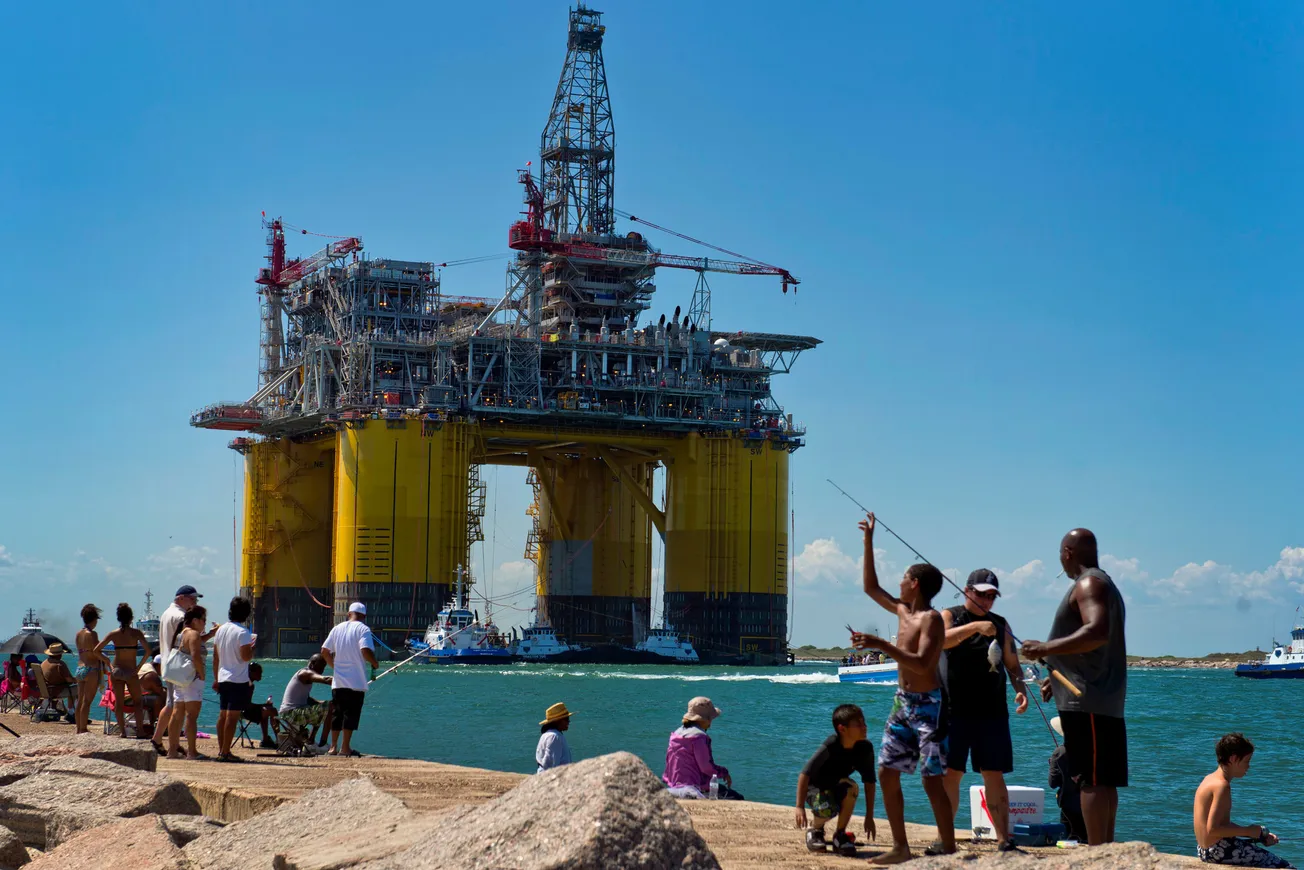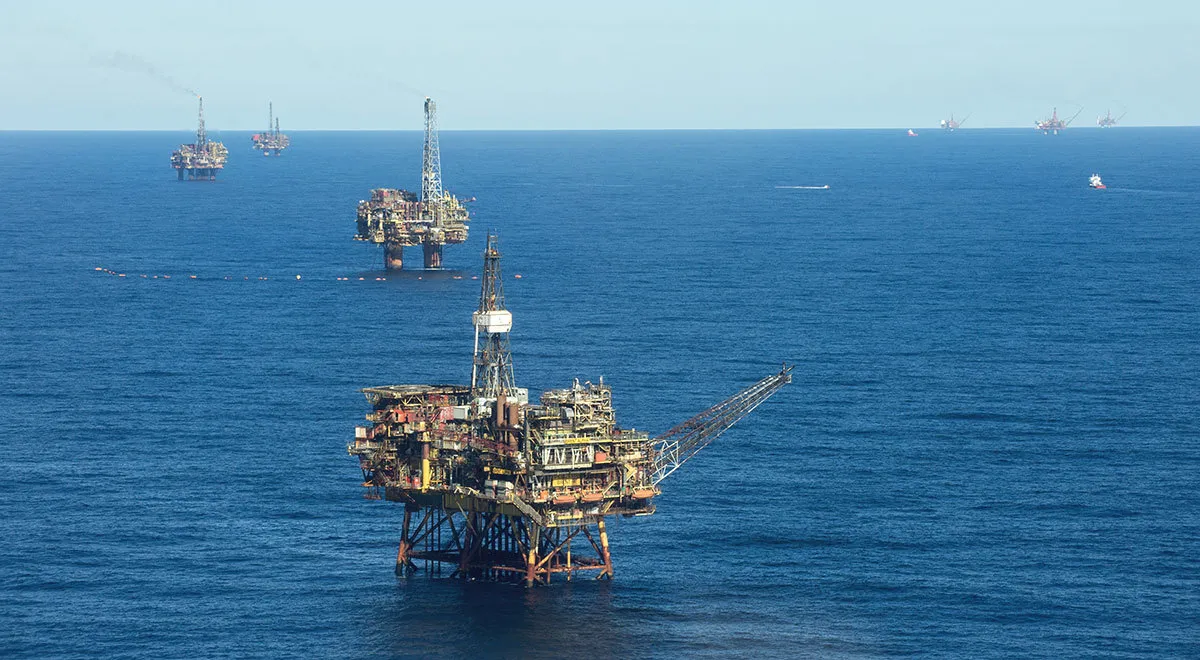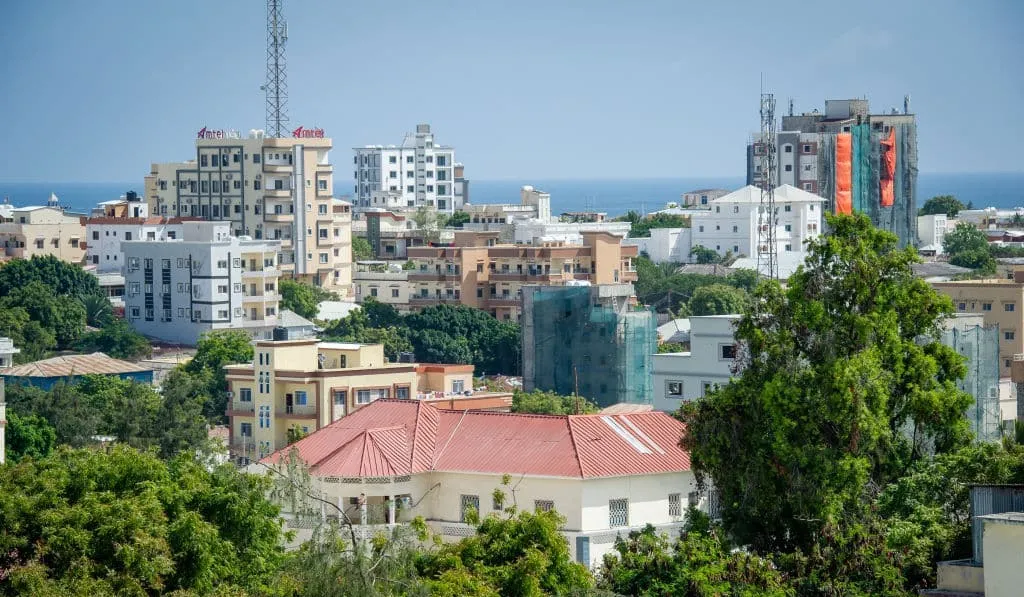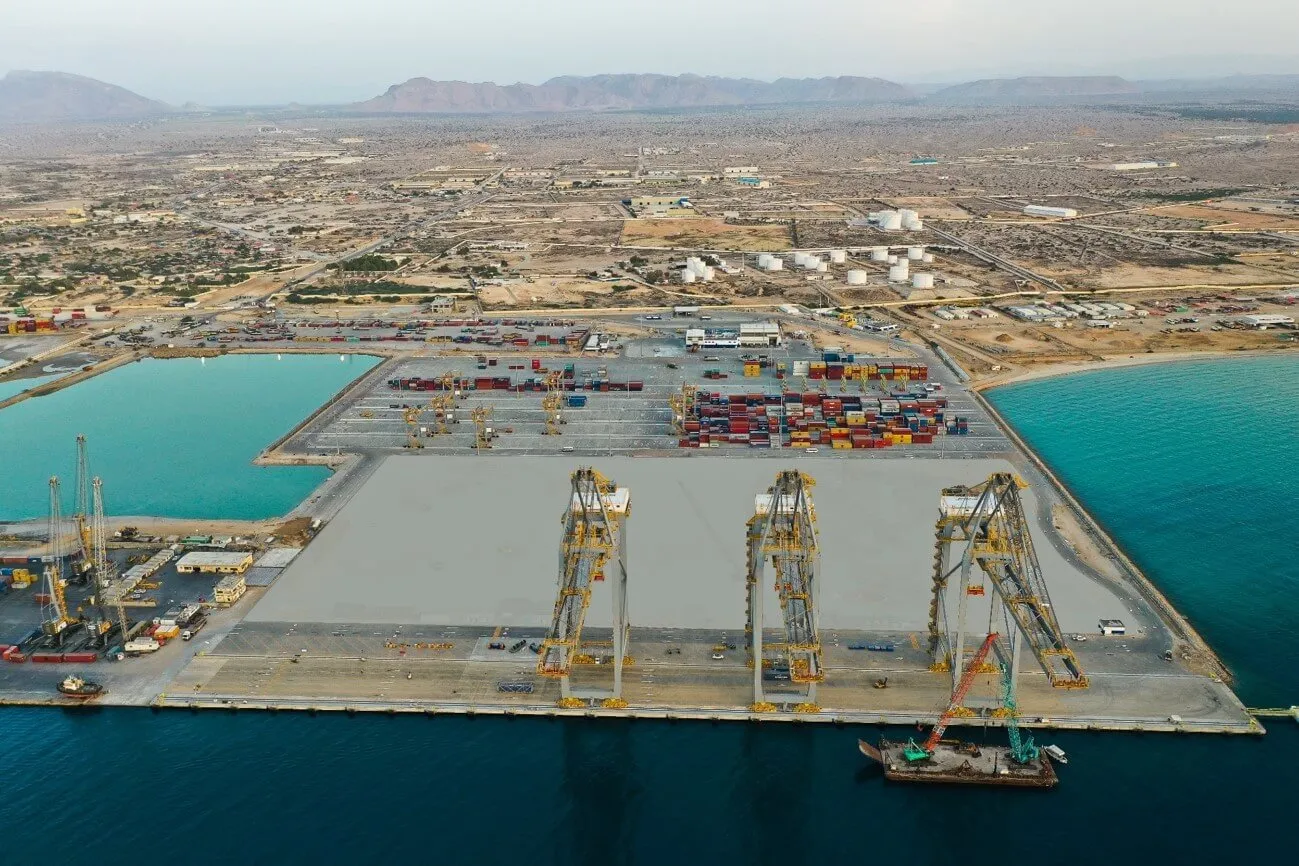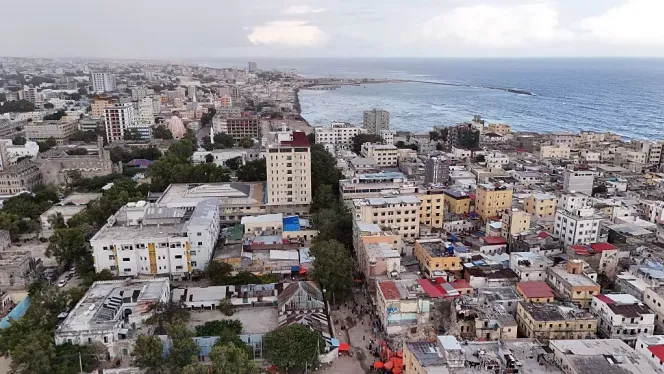Table of Contents
Since gaining independence in 1960, Somalia has seen a fluctuating journey in its quest to harness its energy resources. Initial exploration began in the 1960s and 1970s, with international oil companies showing keen interest due to the potential promise of the Somali Basin, a significant geological structure extending from the coast into the Indian Ocean. The Somali government granted exploration rights to several international firms, including Shell and ConocoPhillips. However, the political turmoil of the late 1980s and the outbreak of the civil war in 1991 led to a cessation of exploration activities and the departure of many foreign companies.
The early 2000s saw a renewed interest in Somalia’s energy sector, particularly in the wake of the establishment of the Transitional Federal Government in 2004. Recognizing the potential economic benefits, the government began to re-engage with international companies. By 2012, Somalia issued new exploration licenses, and by 2013, several firms, including Australia's Range Resources and Canada’s Africa Oil Corp., began exploring both onshore and offshore areas.
The Somali Basin, stretching into the Indian Ocean, has attracted significant attention due to its potential oil reserves. In 2014, the British firm Ophir Energy reported promising findings off the coast of Puntland, with initial estimates suggesting substantial quantities of hydrocarbons. Despite these promising reports, detailed exploration and drilling have been limited, primarily due to ongoing security concerns and political instability. Onshore exploration, though less extensive, has also been notable. In 2020, the Australian company Coastline Exploration was awarded exploration licenses in Puntland and began preliminary surveys.
Initial findings indicated the presence of oil and gas deposits, although no major discoveries have been publicly announced.
As of 2024, Somalia’s proven oil and gas reserves remain largely unquantified. Estimates suggest that the country could hold up to 110 billion barrels of oil equivalent in undiscovered resources, but these figures are speculative and based on limited exploratory data. Current exploration efforts include several key players. Coastline Exploration is engaged in onshore exploration in Puntland, with initial drilling planned for late 2024. DNO ASA, a Norwegian company, is active in Puntland, focusing on both exploration and development projects.
Additionally, Shell and TotalEnergies have shown interest in offshore areas but have yet to make significant exploratory advances due to the volatile political environment.
Somalia’s energy portfolio extends beyond hydrocarbons. The country possesses considerable potential in renewable energy resources. Its coastal regions are ideal for wind energy, with average wind speeds that are among the highest in the world. The abundant sunlight makes it a prime candidate for solar power installations, which could provide a significant boost to its energy grid. There is also some potential for geothermal energy in the rift zones, though this remains largely unexplored.
The competition for Somalia’s energy resources is intense, given the potential for substantial economic gains. Neighboring countries and international corporations are vying for exploration rights and investment opportunities. The geopolitical landscape is further complicated by the involvement of regional powers and the strategic importance of the Indian Ocean.
To attract investment and develop its energy sector, the Somali government has secured several agreements. An agreement with TotalEnergies in 2018 involved offshore exploration rights and a commitment to develop infrastructure. Additionally, a partnership with the World Bank in 2020 focused on improving the regulatory framework and capacity-building to support sustainable exploration and development.
The future of Somalia’s energy sector is promising but fraught with challenges. Political stability, improved security conditions, and effective governance will be crucial in unlocking the country’s full energy potential. The ongoing exploration activities by various international companies signify a cautious optimism, with the hope that substantial discoveries and developments will soon follow. Somalia’s untapped energy resources hold the potential to transform the country’s economic landscape, but realizing this potential will require overcoming significant hurdles. As the nation navigates its path toward stability and growth, the global energy community watches closely, aware of the vast opportunities that lie within Somalia's borders.


